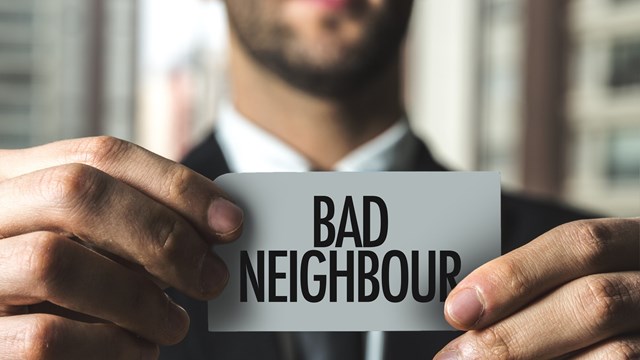—Dog Lovers
“If the term “community that doesn’t allow dogs” refers to a homeowners association (“HOA”), I am unaware of any law that would prohibit an HOA from passing a “rule” restricting a new owner or tenant from keeping a new dog on the premises, while at the same time permitting existing residents to keep—and even replace—the dogs which were part of their household at the time the rule was first passed. While this might seem unfair to the writer, the argument would be that anyone purchasing or renting in this community knew—or should have known—about this particular restriction before they purchased or leased a home there. Accordingly, I do not think that the writer can do anything to avoid this prohibition, other than trying to get the required votes to rescind or amend the rule.
“One analogous (but much less emotional) situation is where certain buildings prohibit the use of washers and dryers in individual apartments, yet may allow existing appliances to remain (or “grandfather” them), as well as replacements, for tenants who already had them at the time the prohibition first went into effect.”







Leave a Comment